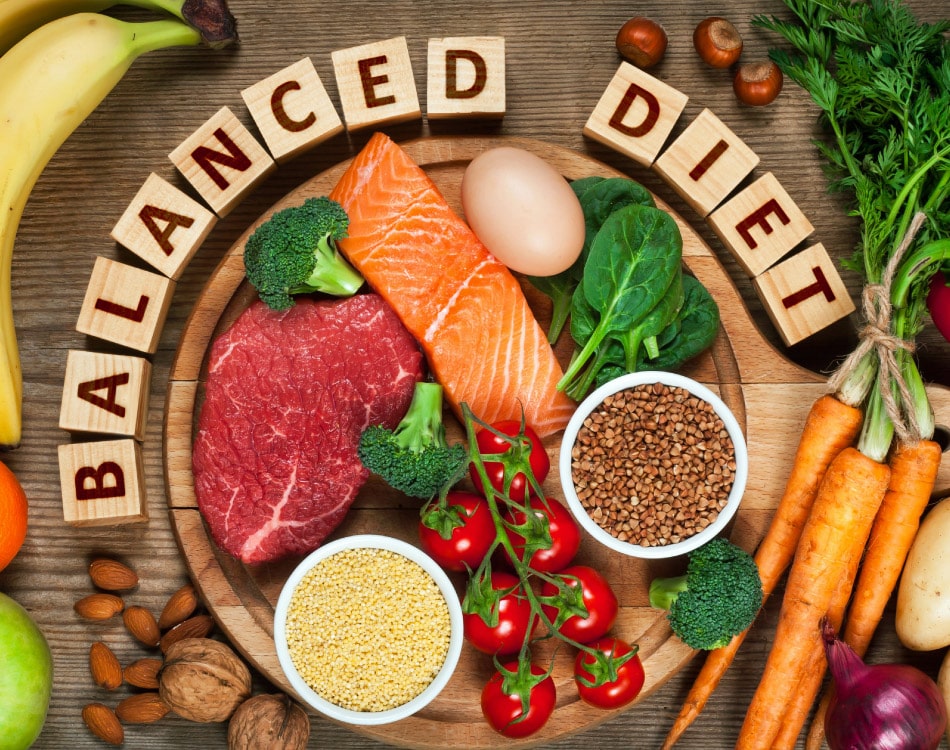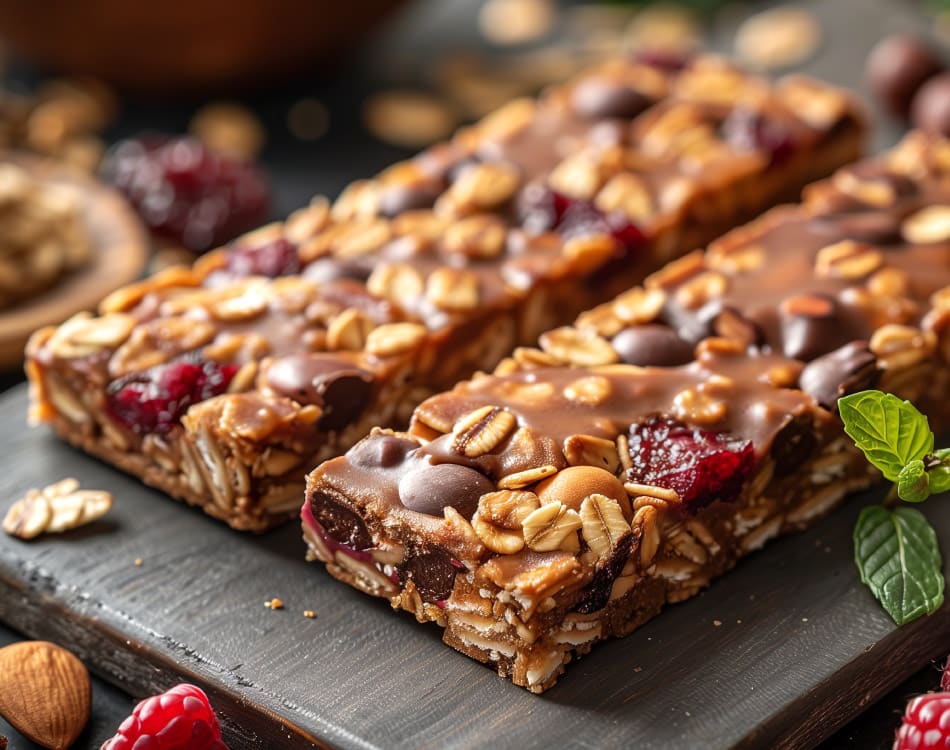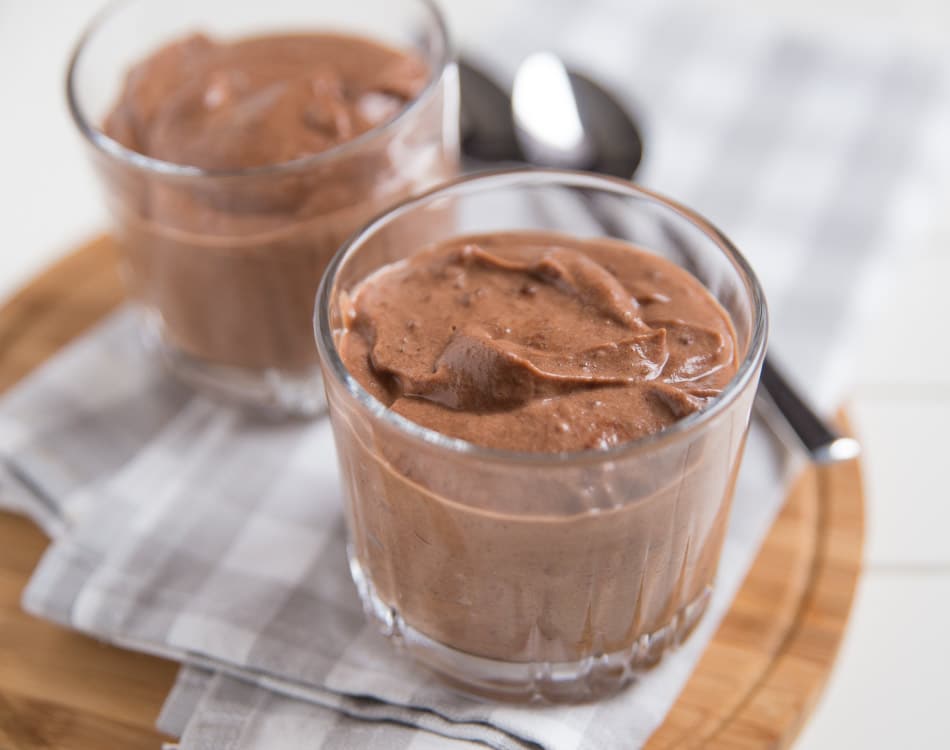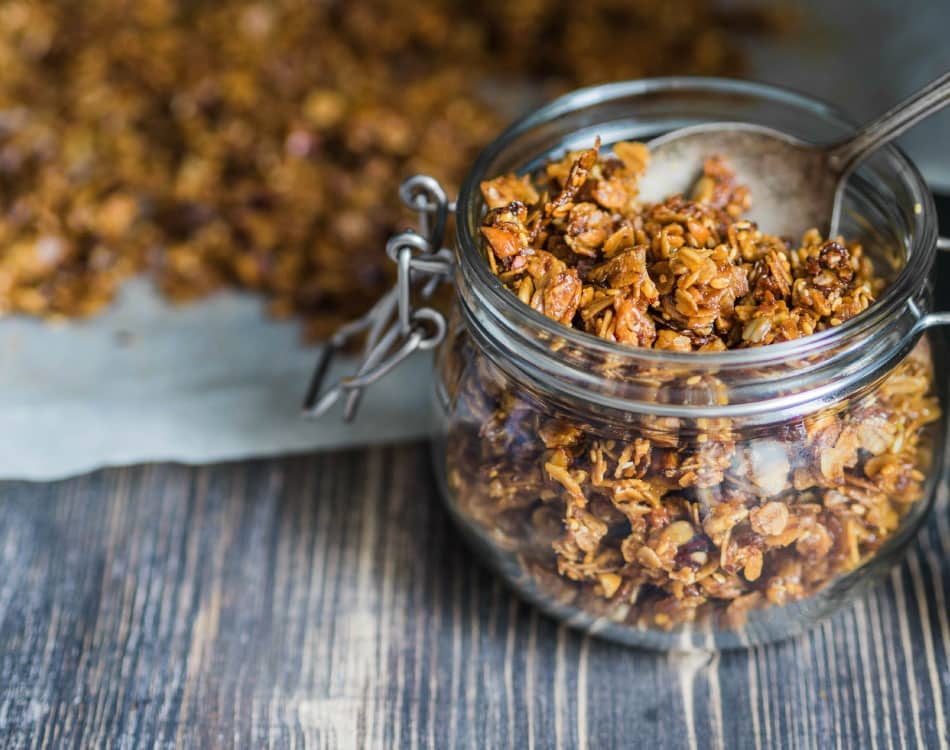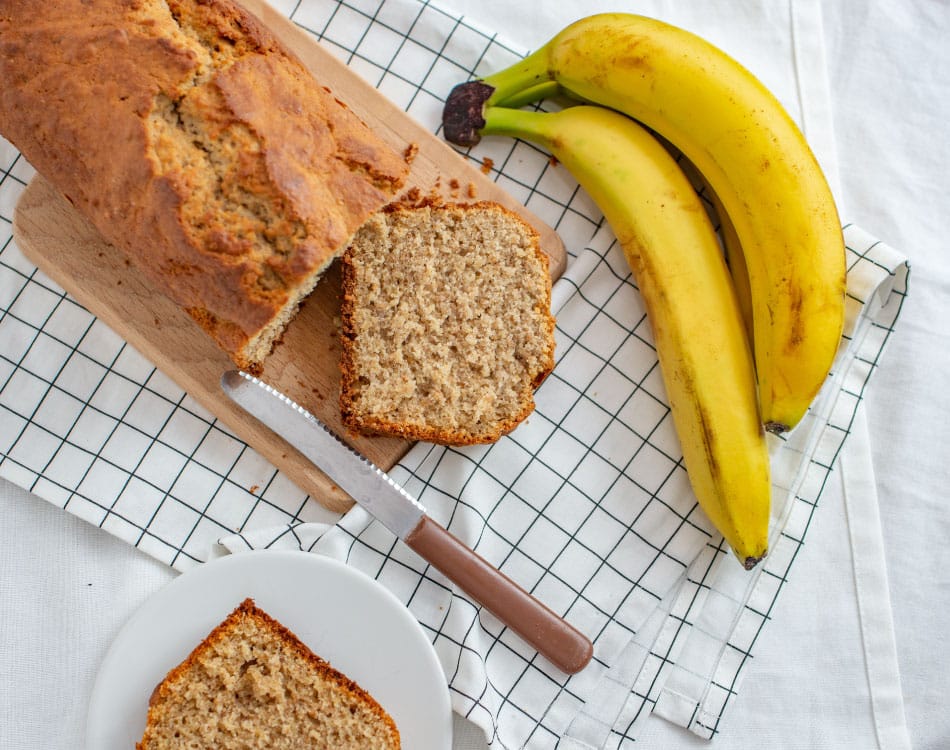Food nourishes our bodies to support growth and provides the energy needed for all our bodily functions and daily tasks.
While a well-balanced diet comprised predominantly of natural whole foods will adequately address our nutritional requirements, eating specifically for increased energy or improved strength requires slightly different approaches to get the best results.
While the core ingredients remain largely the same, the magic lies in how we construct our macronutrient ratios – the combination of proteins, carbohydrates and fats in our diet – and time our meals.
READ MORE | 5 Diet Tips To Gain More Muscle
An energy boost
There are various high-energy diets available to suit specific needs, from your average person to highly active individuals and endurance athletes.
Energy-dense diets have received a bad reputation over the years as people associate them with carb-laden meals, which have become synonymous with sugar and weight gain.
However, when you choose natural carb sources, sticking mainly to complex carbohydrates and timing when you include a few simple carbs in your daily eating plan, you feed your body and muscles with the energy needed to perform optimally.
Ultimately, your body breaks down all carbs and starches into glucose. This is the body’s primary energy source, and when we eat more than we use, our body stores any excess as fat.
READ MORE | Know Your Nutrients: We Discuss The Differences Between Micro- And Macronutrients
Complex vs simple carbs
We need to predominantly eat complex carbs because we metabolise simple carbs very quickly, which spikes insulin to draw circulating glucose from the blood into muscle cells.
If we’re not burning this immediate energy through exercise and activity, the muscle cells become full and we start storing excess glucose in fat calls.
We also experience a rapid drop in blood sugar levels following these intense spikes, which often leaves us feeling tired, lethargic, flat and devoid of energy, with a craving for more sugar to experience that ‘surge’ of energy again.
More worryingly, a constant supply of simple carbs continually raises insulin levels. This process becomes less effective over time and can eventually lead to insulin resistance and then type-2 diabetes.
As such, it is best to eat most (if not al) simple carbs before and during exercise, and eat mainly complex carbs from natural, whole food sources throughout the remainder of your day. This approach helps to sustain stable energy levels throughout the day by not spiking blood sugar.
According to the dietary reference intakes published by the United States Department of Agriculture (USDA), 45-65% of the calories in our diet should come from carbohydrates.
The right percentage for you will depend on your daily activity level and total energy requirements.
Suitable complex carb sources include:
- Rye or low GI bread
- Sweet potato
- Butternut
- Basmati rice
- Rolled oats
READ MORE | The Carb Compromise: Find The Right Balance To Achieve Your Goals
Eating for strength
While we also need energy for power muscle contractions, along with adequate calories and various vitamins and minerals, you cannot maximise strength, adequately recover, or perform at your peak without sufficient protein.
Protein provides the building blocks for muscle tissue and the contractile proteins that work to generate force and power during forceful contractions.
As such, when total calorie intakes remain constant among those eating for energy and those who eat for strength, protein-derived calories should displace some carb-derived calories.
A study from the University of Connecticut supports this stance, with the study authors stating that strength athletes should “put less emphasis on a very high carbohydrate intake and more emphasis on quality protein and fat consumption”.
The recommended dietary allowance to prevent a deficiency for an average sedentary adult is 0.8 grams per kilogram of body weight (g/kg/day). However, this is far too low for athletes – even endurance athletes who focus more on eating for energy.
Scientists at the McMaster University in Canada released a meta-analysis that reviewed a total of 49 high-quality studies to determine optimal protein intakes. Based on the research, those eating for strength should consume double the minimum amount, which is 1.6 g/kg/day.
READ MORE | Pick Your Protein: We Compare Whey And Plant Protein Supplement Options
The fat factor
Furthermore, those eating for strength should get up to 20% of their calories from healthy fats to produce and maintain anabolic (muscle-building) hormone levels. Keep your saturated fat intake to 10% or less of your daily calorie intake but don’t eliminate it as your body needs it to produce testosterone.
As such, the ideal diet for strength provides more calories from lean protein and healthy fat sources.
Aim to eat protein at every meal throughout the day, consuming most of your daily carbohydrates before and directly after exercise together with protein. Combine protein and fat at the other meals throughout the day for optimal muscle-building benefits.
Ideal protein sources include:
- Dairy
- Meat
- Quinoa
- Hemp
Bonus tip: Animal products like dairy and meat also contain strength-boosting “zoonutrients” (components uniquely present in animal tissues) such as creatine.
Sources of healthy fats include:
- Salmon
- Nuts (particularly walnuts)
- Seeds
- Avocados
Bonus tip: Supplements such as creatine monohydrate, caffeine, and beta-alanine have been shown to have beneficial effects on strength when added to a healthy eating plan aimed at increasing strength.

